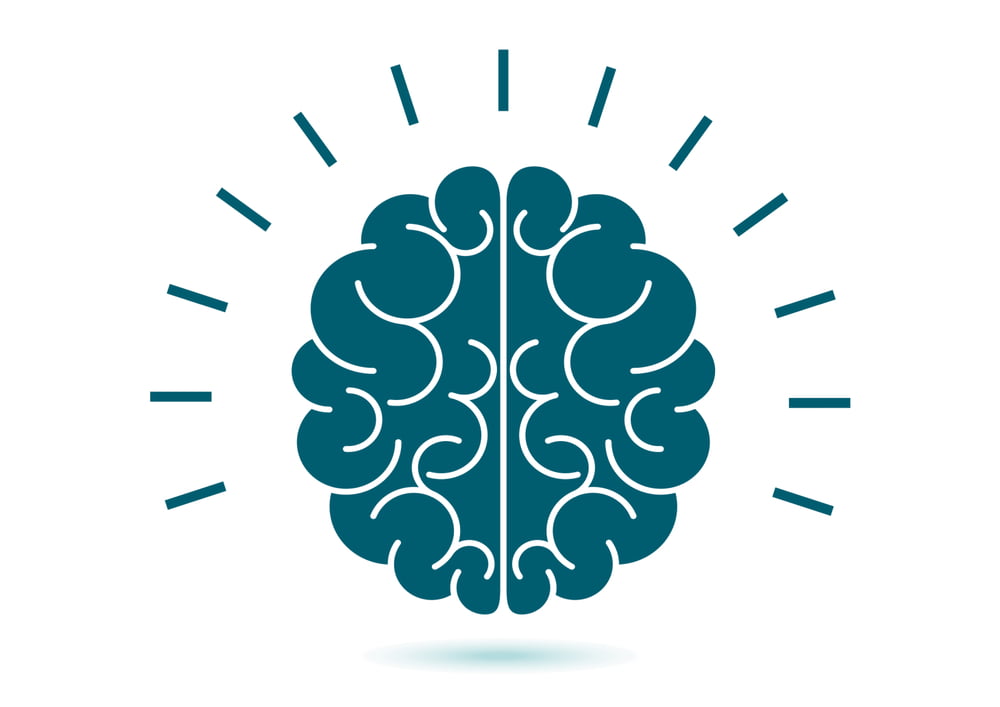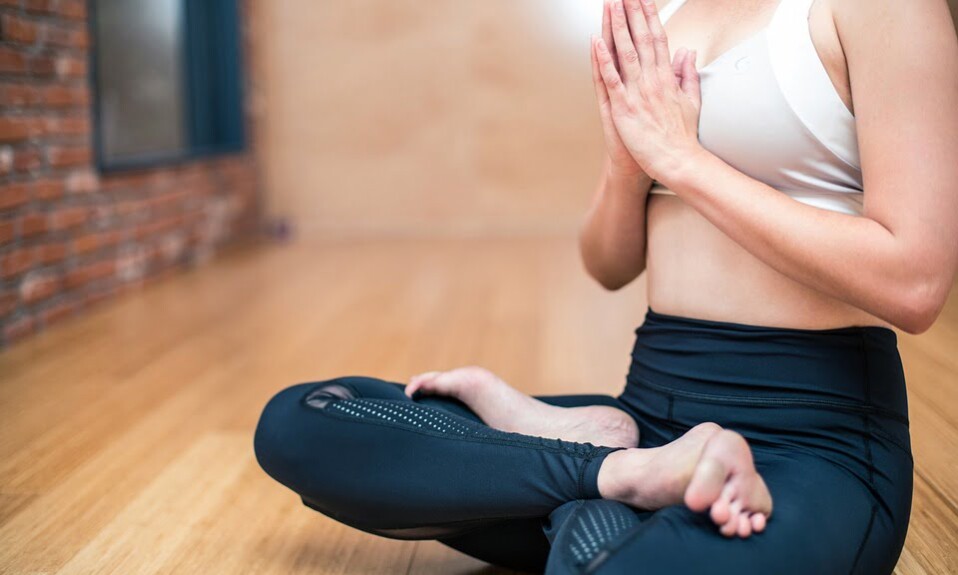9 Best Benefits Of Exercising Regularly|Exercise is defined as any movement that activates your muscles and helps your body burn calories. Examples of this include swimming, running, jumping, walking, dancing, and many other physical activities. Exercising regularly has been shown to have many physical and mental health benefits. It will help you live longer.
“Exercise will help you live longer.”
Here are the 9 best ways to benefit your body and brain from regular exercise.
1.It makes you happy.

Exercise can help improve your mood and reduce feelings of depression, anxiety, and stress. It causes changes in the parts of the brain that regulate stress and anxiety. As well as it can increase the brain’s sensitivity to the hormones serotonin and norepinephrine, which relieve feelings of depression. Intensity is not an issue. It seems that exercise can benefit your mood, regardless of the intensity of your physical activity.
2. It helps to lose weight.

To understand the impact of exercise on weight loss, it is important to understand the relationship between exercise and energy burning. Reducing the number of calories in your diet slows down your metabolism, which in turn slows down your weight loss. On the contrary, regular exercise increases your metabolic rate, burns more calories, and helps you lose weight.
3. Exercise is good for strong muscles and bones

Building and maintaining strong muscles and bones are a result of doing regular exercise. Muscle building can be stimulated when physical activity such as weight lifting is combined with adequate protein intake. This is why exercise helps to release hormones that promote your muscles’ ability to absorb amino acids. This will helps the growth of muscles and reduce muscle breakdown. As they age, they tend to lose muscle and function, which can lead to injuries and injuries. Regular physical activity is essential to maintain muscle strength and strength according to your age.
4. Exercise can increase your energy level.

Exercise can be a real source of energy for healthy people as well as those with a variety of medical conditions. Six weeks of regular exercise reduced the risk of fatigue in people. In addition, exercise can reduce the risk of cancer, HIV / AIDS. And have been shown to increase energy levels in people with diseases such as multiple sclerosis.
5. Exercising regularly can reduce your risk of chronic diseases.

Lack of regular physical activity is a leading cause of chronic illness. Exercising regularly improves insulin sensitivity, cardiovascular fitness and body composition but also lowers blood pressure and blood fat levels.
In contrast, lack of regular exercise (albeit short-lived) can lead to a significant increase in abdominal fat, which increases the risk of developing type 2 diabetes, heart disease, and early death.
6. It helps in skin health

The oxidative stress on your body affects your skin. This can damage their internal structures and degrade your skin. Although intense and strenuous physical activity can contribute to oxidative damage, regular and moderate exercise can increase your body’s natural production of antioxidants and help protect cells. It can stimulate blood flow and cause skin cell adaptations to help delay skin aging.
7. It helps maintain the health of your brain and memory

Exercise can improve brain activity and preserve memory and thinking skills. Initially, it increases your heart rate and promotes the flow of blood and oxygen to your brain as well as produces hormones that can enhance the growth of brain cells. In addition, the ability to exercise to prevent chronic diseases can be converted into benefits for your brain, as its activity can affect these diseases.
8. It helps in sleep quality.

Exercising regularly will help you sleep better. In terms of sleep quality, the depletion of energy during exercise stimulates the recovery process during sleep. Also, it is thought that the increase in body temperature during exercise will help improve sleep quality. Many studies have reached similar conclusions about the effects of exercise on sleep.
9. Can reduce pain.
Chronic pain can be debilitating for some people, but exercise can help reduce it. In fact, for years, rest has been the recommended treatment for chronic pain. Recent studies, however, show that exercise can help alleviate chronic pain.





